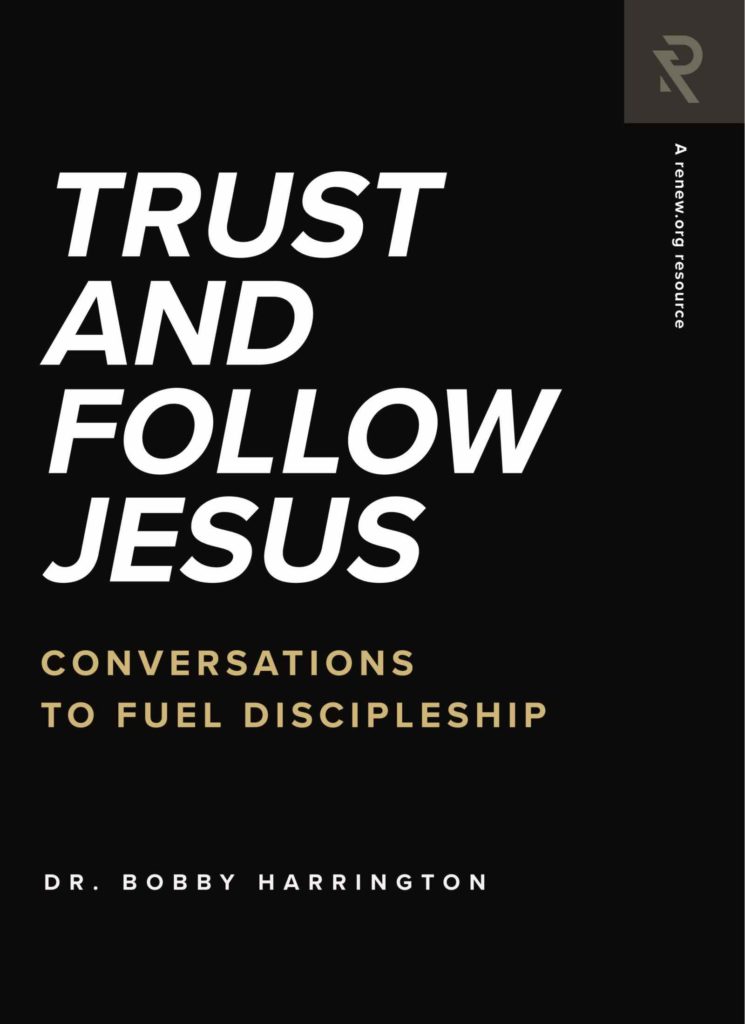
The Herod in Me
You are probably familiar with the story. It’s one we often pair with the birth of the Christ, though in reality the events described in Matthew 2:1-17 seem to have occurred within the first two years following Jesus’ birth and are not paired directly with it. Matthew tells us that some time after Jesus had been born there were wise men, Magi, who came from the East looking for the one who had been born king of the Jews.
How they came about this information is not exactly clear. Many have speculated, but for the purposes of this short article, let’s simply agree that through the designs of God the Father, these wise men were let in on the secret of the Messiah’s coming. They were given a star to follow, one that would lead them to the place of his arrival. Whatever they knew and however they knew it, they were compelled to come find this king. He deserved their honor, their gifts, and their worship.
“He deserved their honor, their gifts, and their worship.”
This is the bit of Matthew’s story we typically focus on. Many of our nativity scenes feature three wise wise men and their gifts quite prominently. In truth we do not know how many wise men actually came from the East. We tend to pair each gift–gold, frankincense, and myrrh, with an individual wise man. There could have been twenty of these Magi. Who knows? Matthew doesn’t tell us.
Back to the story. It seems that the star that the wise men were following led them to a general area within which they would find the infant king. They make it as far as Jerusalem, and then they have to stop to ask directions. “Can someone help us find the new king?” This question causes quite a stir around Jerusalem. The people are troubled. After all, the Jews already have a king. His name is Herod.
“After all, the Jews already have a king. His name is Herod.”
As you might imagine, Herod is also troubled by the question the Magi asked. As the current king of the Jews, he isn’t thrilled about the idea of a new king. His discomfort at this news moves him to seek the advice of his own wise men.
What is interesting to me is that Matthew indicates Herod has at least a basic understanding of who Jesus was. The question he asks the chief priests and teachers of the law reveals plenty: “Where is the Messiah to be born?” Bethlehem, they tell him. Out of Bethlehem will come a ruler who will shepherd the people of Israel (Matthew 2:6; Micah 5:2).
Here is the moment we learn that Herod is a rather crafty and conniving character. He summons the wise men, who are apparently still in Jerusalem trying to pin down the exact location of Jesus’ birth. Armed with the information he has discovered from his consultation with Israel’s religious leaders, Herod points the Magi to Bethlehem. “Go look for the new king in Bethlehem,” Herod says. “And if you find him, and I hope you do, come back here to share his location with me. I want to worship him too….” Cue the evil laughter.
“Here is the moment we learn that Herod is a rather crafty and conniving character.”
As the wise men resume their journey, the star confirms that they are once again headed in the right direction. They discover Jesus in Bethlehem, but are warned in a dream about Herod’s true intentions. After worshipping the king, they leave their gifts with Mary and Joseph, and then promptly leave Judea as well.
When he learns that the wise men have deceived him, Herod is enraged. You see, he had no intention of worshipping the new king. He had something else in mind. Herod’s plan was to eliminate his potential rival. As plan “A” failed, Herod put into motion a second plan; one that chills the soul even to think about. He ordered that every male child under the age of two in the city of Bethlehem be put to death.
Herod’s actions constitute a truly dark moment in history. It is hard to comprehend the wickedness of a heart that would have the ability to order the murder of innocents–especially in the name of self-preservation. Herod did not want to lose his throne and it is evident that he was willing to do whatever it took to preserve his power.
Herod liked being king. He enjoyed calling the shots. There would be only one ruler in Judea, and he was it.
While I am appalled by Herod’s actions, I have to admit there are times when his problem is my problem as well.
“While I am appalled by Herod’s actions, I have to admit there are times when his problem is my problem as well.”
Jesus didn’t come only to be king of the Jews, he came to be the king of all who would ever live; the one to whom all authority in Heaven and on Earth would be given. He came to be my king, and yours as well. The trouble is, just like Herod, I enjoy calling the shots. I like being king of my life. Sometimes I’m willing to go pretty far to ensure that I stay on the throne.
And there’s another thing Herod and I have in common: we are both imposters. History records that Herod was a bad king. The record of my life shows that ultimately I’m not much different. I’m not a good king. Not even over the tiny kingdom of “me.” For much of my life I have insisted upon having it my way. The truth, however, is that King Jesus, the true king, came to reveal the way. Not just a better way…the best way! More than anything else in life, I need him to be my king!
As I observe the way many of us live, it becomes plainly evident that I am not alone. Most of us like to be in charge.
“There’s another thing Herod and I have in common: we are both imposters.”
It starts early. Just the other day while observing some neighborhood kids at play in our cul-de-sac, I heard one boy exclaim loudly to another, “You’re not boss of me!” We don’t like to be told what to do. We don’t like to be told what not to do. I get it. But take a minute to examine your record as king of your life: how’s that working for you? I’d guess I’m not alone there either. We all need the true king.
Two thousand years ago, a child was born in a little town called Bethlehem. Herod was threatened by him and tried to get rid of him.
The response of wise men, now as it was then, is to call him king, and to offer him our worship.









